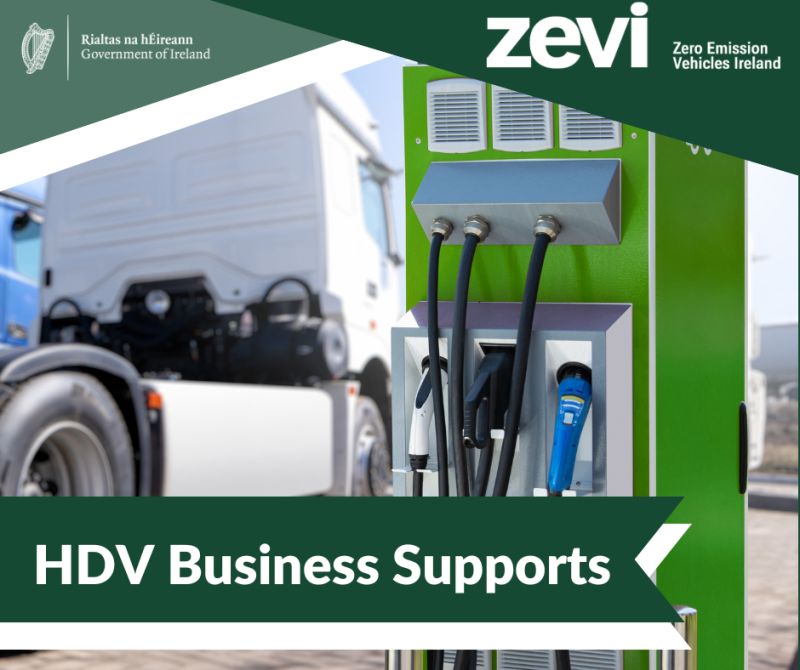The International Road Transport Union (IRU) has welcomed the European Parliament’s ENVI Committee vote in support of the pragmatic approach on new Euro 7 pollutant emission standard rules proposed by Rapporteur Alexandr Vondra.
 Following the European Commission’s proposal to set new Euro 7 rules, the European Parliament’s Committee on Environment, Public Health and Food Safety (ENVI) has adopted its report on the file.
Following the European Commission’s proposal to set new Euro 7 rules, the European Parliament’s Committee on Environment, Public Health and Food Safety (ENVI) has adopted its report on the file.
ENVI’s decision is aligned with the general approach that the Council had reached on the file in late September, keeping existing emission limits and test conditions for light-duty vehicles, setting stricter limit values for heavy-duty vehicles, and only slightly adjusting test conditions for heavy-duty vehicles.
IRU EU Advocacy Director Raluca Marian said, “Once again, reason seems to have prevailed, balancing environmental performance with the cost of upgrading technologies.”
“We’re pleased that MEPs have adopted a more realistic timeline and decided to largely keep Euro 6/VI protocols. Road safety and drivers’ security should not be put at risk by introducing systems that are stricter than those already in place,” she added.
The road transport sector is committed to further improving air quality with stricter limit values in balance with additional costs and administrative burden.
“Our sector welcomes limit values for heavy-duty vehicles as long as the resulting price increase does not undermine the competitiveness of smaller operators. Road transport mainly consists of small operators. For example, in Spain and Greece, more than 50% of operators own only one truck,” highlighted Raluca Marian.
Improving the environmental performance of zero-emission vehicles and the internal combustion engine technology are both important; the latter will continue to play a role in the decades to come.
“An open-technology approach reduces pollutant emissions and increases component durability for all vehicle technologies,” noted Raluca Marian.
Data concerns
Concerning the sharing of in-vehicle data, doing so over-the-air introduces issues related to competitive disadvantages and cybersecurity.
“Even if transmitted anonymously, data can be used for analytical purposes, provided that the entity using the data has the capacity and analysing tools, which is usually the case for larger companies. However, most transport operators are small and medium-sized enterprises and might be put at a competitive disadvantage. We hope that this aspect can also be addressed before the vote in the European Parliament’s plenary,” said Raluca Marian.
The plenary of the European Parliament is expected to vote on the law in November.


